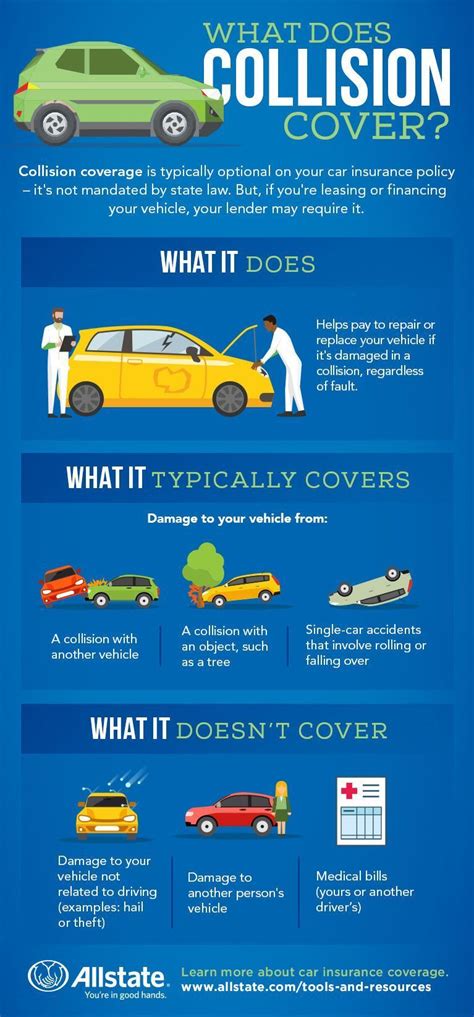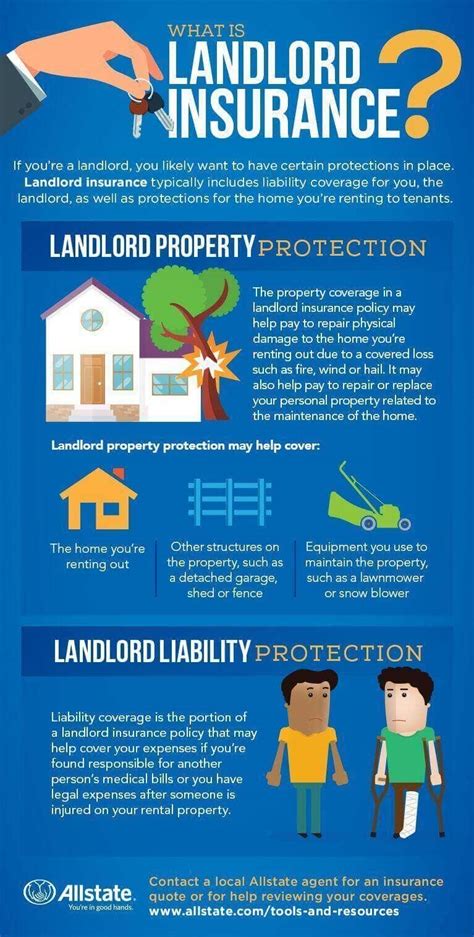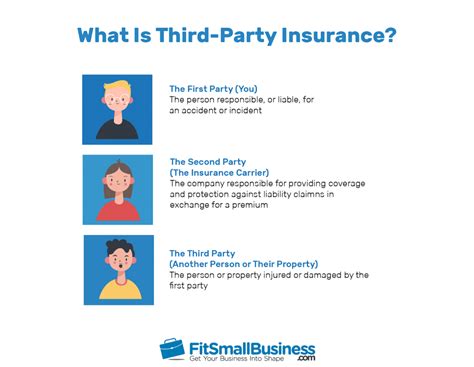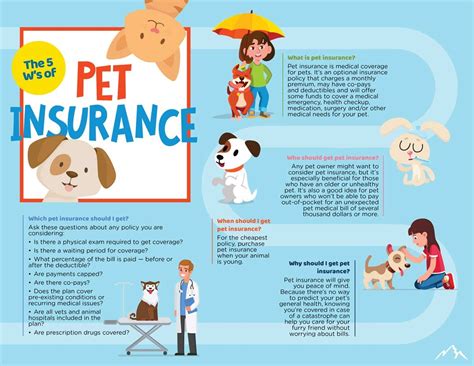Learn everything about collision insurance, including coverage, limitations, and when to consider purchasing it. Understand how it works an
Understanding Collision Insurance
Contents
Collision insurance is a type of auto insurance coverage that helps pay for the cost of repairing or replacing your vehicle if it is damaged in an accident with another vehicle or object, such as a tree or a fence. This type of coverage is not mandatory in most states, but it can be a valuable addition to your auto insurance policy, especially if you have a newer or more expensive vehicle.
When you purchase collision insurance, you select a deductible, which is the amount you will have to pay out of pocket before your insurance coverage kicks in. The higher the deductible, the lower your insurance premium will be, but you will have to pay more if you need to file a claim. On the other hand, a lower deductible will result in a higher premium, but you will have to pay less if you need to use your collision coverage.
It’s important to note that collision insurance only covers damage to your own vehicle that occurs as a result of a collision with another vehicle or object. It does not cover injuries to you or others, or damage to other people’s property. For these types of situations, you will need to have other types of coverage, such as liability insurance or comprehensive insurance.
One potential drawback of collision insurance is that it may not be cost-effective for older or lower-value vehicles. If the cost of the coverage exceeds the potential payout in the event of an accident, it may not be worth it to carry collision insurance on an older car. However, for newer or more valuable vehicles, collision insurance can provide important financial protection and peace of mind.
In summary, collision insurance is a type of auto insurance coverage that can help pay for the cost of repairing or replacing your vehicle if it is damaged in a collision with another vehicle or object. It is not mandatory, but can be a valuable addition for newer or more valuable vehicles. When considering collision insurance, it’s important to weigh the potential benefits against the cost of the coverage and your specific financial situation.
Coverage and Limitations of Collision Insurance
Collision insurance provides coverage for damage to your vehicle when it is involved in a collision with another vehicle or object. It is important to understand the coverage and limitations of collision insurance when deciding whether or not to purchase it.
One of the main limitations of collision insurance is that it only covers damage to your own vehicle in the event of a collision. It does not provide coverage for medical expenses or damage to the other party’s vehicle. This means that if you are at fault in an accident, your collision insurance will not cover the cost of repairs to the other vehicle.
Collision insurance typically has a deductible, which is the amount you must pay out of pocket before the insurance company will cover the remaining cost of the repairs. This deductible can vary depending on your policy, but it is important to consider when deciding if collision insurance is right for you.
Additionally, collision insurance may not cover all types of collisions. For example, if your vehicle is damaged in a hit-and-run accident or is involved in a collision with an animal, your collision insurance may not provide coverage. It is important to review your policy carefully to understand the specific limitations of your coverage.
Overall, collision insurance provides important coverage for damage to your own vehicle in the event of a collision, but it is important to understand its limitations and consider whether it is the right choice for your individual needs.
How Collision Insurance Works
Collision insurance is a type of auto insurance coverage that helps pay for the cost of repairing or replacing your car if it is damaged in an accident. This coverage is designed to protect you in the event of a collision with another vehicle or object, such as a tree or utility pole.
When you purchase collision insurance, you will typically select a deductible, which is the amount of money you will need to pay out of pocket before your insurance kicks in to cover the rest of the repair or replacement costs. The higher the deductible you choose, the lower your insurance premium will be. However, it’s important to consider how much you can afford to pay out of pocket in the event of an accident.
One of the key benefits of collision insurance is that it provides coverage for damage to your own vehicle, regardless of who is at fault in the accident. This can be especially important if you have a newer or more expensive car that would be costly to repair or replace out of pocket.
On the other hand, collision insurance does have some limitations. For example, it typically only covers damage to your vehicle caused by a collision with another vehicle or object, and does not provide coverage for other types of accidents such as hitting an animal or damage from weather-related events. Additionally, if the cost to repair your car exceeds its actual cash value, the insurance company may declare it a total loss and only pay you the actual cash value of the car, which may be less than what you owe on a car loan.
In conclusion, collision insurance can provide valuable protection for your vehicle in the event of an accident. However, it’s important to carefully consider the coverage and limitations of collision insurance, as well as the cost of the coverage and your deductible, to determine if it is the right choice for you.
Pros and Cons of Collision Insurance
Collision insurance can provide you with financial protection in the event of a car accident, giving you the peace of mind that comes with knowing your vehicle is covered in the event of a collision. However, like all types of insurance, collision coverage comes with both pros and cons. It’s important to carefully consider these factors before deciding whether collision insurance is right for you.
One of the key advantages of collision insurance is that it can help cover the cost of repairing or replacing your vehicle in the event of a collision, regardless of who is at fault. This can provide valuable peace of mind, especially if you have a newer or more expensive car. Additionally, collision insurance can provide coverage for a wide range of accidents, including collisions with other vehicles, objects, or even rollovers.
On the other hand, collision insurance also comes with some downsides. One of the primary considerations is the cost. Collision coverage can be more expensive than other types of insurance, and the premiums can vary based on factors such as your driving record, the value of your vehicle, and your deductible. Additionally, if you have an older car, the cost of collision coverage may not be worth the potential payout in the event of an accident.
Another potential drawback of collision insurance is that it does not cover all types of damage. For example, collision insurance typically does not cover damage from non-collision events like vandalism, theft, or weather-related incidents. As a result, you may need to consider purchasing additional coverage to fully protect your vehicle in all scenarios.
In conclusion, while collision insurance can provide valuable protection in the event of a car accident, it’s important to weigh the pros and cons before making a decision. Consider factors such as the value of your vehicle, your driving habits, and the cost of coverage to determine whether collision insurance is the right choice for you.
When to Consider Purchasing Collision Insurance
When to Consider Purchasing Collision Insurance
Collision insurance is a type of auto insurance coverage that helps pay for the cost of repairing or replacing your car if it’s damaged in an accident with another vehicle or object, such as a tree or a building. It covers the cost of damages to your own vehicle, regardless of who is at fault in the accident. Collision insurance can be a valuable addition to your auto insurance policy, but it’s not always necessary for every driver.
One of the main factors to consider when deciding whether to purchase collision insurance is the value of your car. If you have a new or expensive car, collision insurance can provide valuable financial protection in the event of an accident. However, if your car is older or has a low market value, the cost of collision insurance premiums may outweigh the potential benefit of coverage.
Another important factor to consider is your driving habits and the likelihood of being involved in an accident. If you have a history of accidents or frequently drive in high-traffic areas, collision insurance can provide peace of mind and financial protection. On the other hand, if you have a clean driving record and rarely drive in congested areas, the likelihood of needing collision coverage may be lower.
It’s also important to consider the deductible and coverage limits of collision insurance. A deductible is the amount you must pay out of pocket for repairs before your insurance coverage kicks in. If you have a high deductible, the cost of using collision insurance may not be worth it for minor damage. Additionally, coverage limits may restrict the amount the insurance company will pay for repairs or replacement, so it’s important to understand these limitations when evaluating the value of collision insurance.
In conclusion, the decision to purchase collision insurance depends on a variety of factors, including the value of your car, your driving habits, and the terms of the insurance policy. If you have a new or valuable car, a history of accidents, or frequently drive in high-traffic areas, collision insurance may be a valuable investment. However, if your car has a low market value, you have a clean driving record, or you have concerns about the cost of premiums and deductibles, you may decide that collision insurance is not necessary for your situation.












